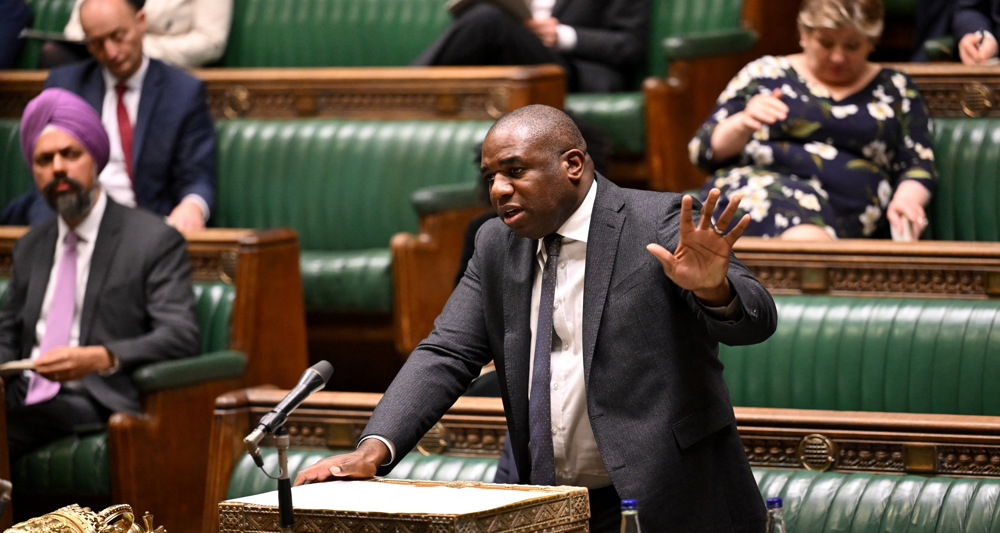Johnson applies pressure on Russia over alleged 'poisoning' of Navalny
Prime Minister, Boris Johnson, is using the alleged poisoning of Russian opposition politician, Alexei Navalny, to pile on more pressure on Moscow.
In a tweet today (August 26), the PM claimed the alleged poisoning has “shocked the world” before pledging to join “international efforts to ensure justice is done”.
The poisoning of Alexey @Navalny shocked the world. The UK stands in solidarity with him & his family. We need a full, transparent investigation into what happened. The perpetrators must be held accountable & the UK will join international efforts to ensure justice is done.
— Boris Johnson (@BorisJohnson) August 26, 2020
Navalny , who by all credible accounts is a minor nuisance to the Russian authorities, fell ill and collapsed on August 20 on an internal flight from Tomsk (Siberia) to the capital Moscow.
Navalny’s supporters claim he became ill after drinking “poisoned” tea; however they have not supplied any evidence to support their claims.
The opposition politician has since been transferred to a hospital in Berlin (Germany) where doctors are conducting extensive tests to discover the cause of his illness.
The British political establishment has recently upped the pressure on Moscow, as demonstrated by the publication of the so-called Russia report, which provides a survey of Russian influence activities in the UK.
To that end, Navalny’s alleged poisoning provides additional ammunition for the British government to go on the political and diplomatic offensive against Russia.
The British government has often accused the Russian intelligence services of “poisoning” their opponents.
Most recently the British government tried – but failed – to develop a sustainable international diplomatic campaign against Moscow following the alleged poisoning of Russian double agent, Sergei Skripal, in Salisbury in March 2018.
More than a decade earlier the British government had accused Russian intelligence services of masterminding the alleged “death by poisoning” in London of defector and rogue intelligence officer, Alexander Litvinenko.
VIDEO | Yemenis praise the military for its successful operations against Israel
VIDEO | Israel continues to bomb Gaza homes
VIDEO | An insider's view of the country: Meybod City in Yazd
‘All wars have rules. All of those rules have been broken’ by Israel
VIDEO | Report flags India’s violation of rights of Rohingya detainees
Turkey's foreign minister meets Syria's de facto leader in Damascus
VIDEO | US Syria plots
'Next to impossible' to rescue patients from Gaza's Kamal Adwan Hospital: Director












 This makes it easy to access the Press TV website
This makes it easy to access the Press TV website